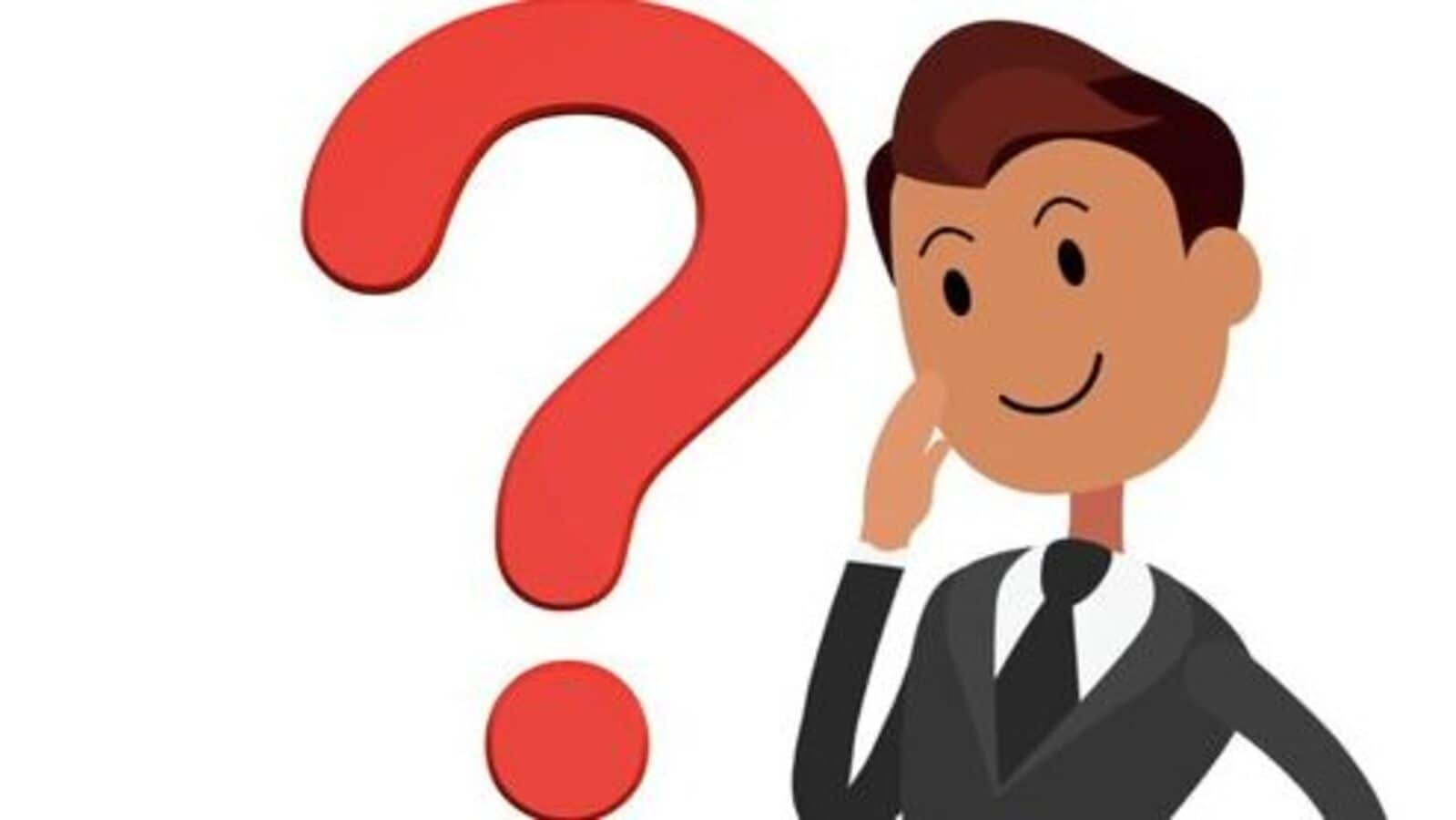[ad_1]
US President Donald Trump couldn’t have been clearer that the euro area is next in line for tariffs, and if he is going for maximum impact, he will aim for Germany and France. Deutsche Bank analysts estimate it could take between 0.5% and 0.9% off growth—which was only forecast to be barely above 1% in 2025 even without the Trump handicap.
This makes the approach at this week’s European Central Bank (ECB) governing council meeting even more puzzling. President Christine Lagarde refuted that a swifter response to the ailing eurozone economy was even discussed, highlighting that the words “five and zero weren’t mentioned”—in other words cutting by a half-point wasn’t even worthy of consideration.
Also Read: Trade war alert: Brace for a rough ride as Trump’s tariffs kick in
It’s hard to know what would constitute a sufficient crisis to engender a proactive policymaker response. A more aggressive rate-cutting approach rather than baby-step quarter-point interest rate cuts is evidently needed after the eurozone economy failed to grow at all in the fourth quarter.
In fact, ‘ECB sources’ suggested to my Bloomberg News colleagues that the mood music is shifting on relaxing restrictive monetary policy—the implication being the April meeting may a pause. Lagarde flagged a technical paper to be published by its economists on how close the euro area is to the mythical ‘neutral level’ for interest rates.
If the ECB genuinely believes its monetary policy is no longer that restrictive, and that it by implication can take its foot off the easing pedal, abandon any hope for recovery from a flatlining economy. Economics is not called the dismal science for nothing.
Also Read: Madan Sabnavis: The targets of Trump’s tariff strikes need not ‘chicken out’
Influential German ECB executive board member Isabel Schnabel has expressed the view that the neutral rate is between 2 and 3%—in other words, not far from the 2.75% deposit rate. Lagarde has let it be known her view is that it’s much closer to 2%. Who cares? This sort of navel-gazing is the wrong approach—put out the fire first before debating where an unknowable theoretical pinch point might be.
French central bank head Francois Villeroy de Galhau is the policymaker making the most sense. He was quick to point out Monday on France Info Radio that from all the uncertainty of tariffs, it’s not inflation but growth that’s the bigger risk. His view is that the official deposit rate should be 2% by the summer.
It’s common sense when Germany has been in recession for two years now, with its government expecting just a bare glimmer of 0.3% growth for this year.
The German business lobby BDI expects a third year of contraction. The IFO export expectations index decreased again to -7.3 points from -6.1 points in December. This is a recovery vacuum.
Also Read: Germany’s economic crisis offers it an opportunity to break an old gridlock
It’s a tad bizarre that even respected German institutes are not shouting from the rooftops with 6.2% unemployment, a four-year high. Yet, Germany’s business lobby DIHK has come out supporting the ECB’s cautious approach. “Uncertainty over a rebound in inflation would have a negative impact on the economic recovery in Germany,” DIHK analyst Volker Treier said in a statement. He instead calls on the next German government to boost competitiveness. Seriously, when might that help? In 2028, perhaps?
Get on with cutting while you can before self-imposed strictures turn into another bout of hand-wringing about some backward looking shibboleth.
One thing that is in rude health is German paranoia over inflation, even though French and German inflation undershot last month. Energy prices remain a major bugbear, hence persistent rumors that the Nordstream pipelines will be swung rapidly back into action if the Ukraine war were to end. But there is next to nothing that central banks can do to control this, similarly with tariffs.
ECB policymakers have been leaning on politicians to get their fiscal act together—the pandemic proved coordinated responses work wonders. This isn’t the time to lighten up on firm rhetoric that this isn’t a monetary policy solution alone.
Base effects will push euro inflation measures down in the first quarter, but these will turn into headwinds later in the year. Translation: get on with cutting while you can before self-imposed strictures turn into another bout of hand-wringing about some backward looking shibboleth.
Forget that the Federal Reserve is taking a breather on cutting rates—it cut 50 basis points in September when it didn’t really need to. The eurozone doesn’t have that sort of luxury, as we wrote recently this is a make-or-break year for Lagarde.
The ECB’s focus should be firmly on what it can prevent—which, at this juncture, is a recessionary trap. The next ECB meeting on 6 March is a quarterly economic review. A 50-basis-points interest rate cut should be top of the central bank’s agenda and not a wonkfest on where econometricians think the economy’s speed limit might be. ©Bloomberg
[ad_2]
Source link




